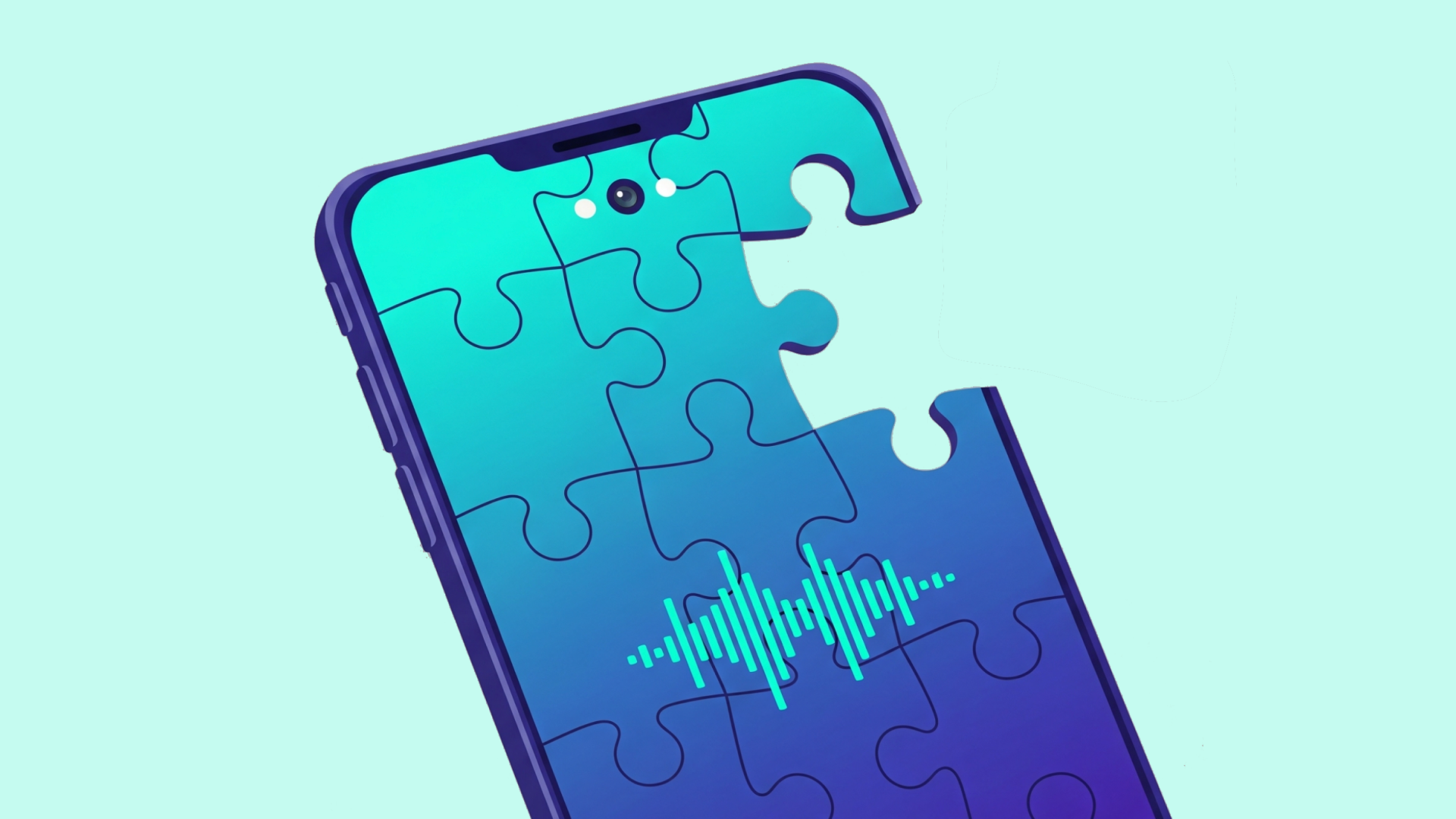New research finds ambient-only clinical documentation misses critical patient context

New York, NY — November 19 — New research from Navina, the leading AI-powered clinical intelligence platform for value-based care, shows that chronic disease clinical documentation becomes significantly more complete when patient-clinician conversations are combined with a patient's longitudinal medical history. The study found that the completeness score more than doubled (from 40.4 to 82.9, on a scale of 0-100) when augmented with relevant historical patient data rather than ambient scribing alone, while the overall documentation quality of the assessment section improved by 18%.
These findings underscore the importance of connecting real-time clinical conversations with deep historical context to deliver a complete and accurate clinical picture. Without incorporating a patient’s full clinical history, including labs, comorbidities, medications, and preventive care, important aspects of chronic conditions are left undocumented. These omissions can impact quality of care, increase physician burden, and reduce reimbursement accuracy.
“When treating chronic diseases like diabetes and hypertension, the conversation in the exam room is only one part of a patient’s story,” said Navina’s Chief Medical Officer, Dr. Yair Lewis. “Too often, physicians spend precious time piecing that story together through tedious chart review and editing. AI that unites ambient documentation with historical context can give that time back - freeing us to focus on patients, not paperwork.”
The study analyzed 354 primary care encounters, focusing on two of the most common chronic conditions in primary care: diabetes and hypertension. Researchers used a subset of the QNOTE clinical note documentation quality instrument to measure the quality of the assessment section of the encounter, across multiple clinical domains.
Researchers compared notes created from ambient audio scribing alone with those generated by combining ambient transcripts with longitudinal health record information, coming mainly from EHR and health information exchange (HIE) data. The difference was striking: overall documentation scores improved by more than 14 points (on a scale of 0-100) when patient history was included, with the most pronounced gains in areas critical to chronic disease management, such as tracking key clinical data like HbA1c and addressing disease status.
Ambient scribe adoption has accelerated across health systems to reduce administrative burden and physician burnout. But Navina’s research reveals a fundamental limitation: while scribes reduce typing, they don’t address the need to weave in historical context for clinical decision-making, audit readiness, and value-based care performance. The reality is physicians are still left with the task of reconciling historical data on their own, often after hours, to best understand the needs of patients.
“From the beginning, Navina has been driven by the belief that quality care depends on making the full breadth of a patient’s story instantly accessible and clear for clinicians,” said Ronen Lavi, CEO and Co-founder of Navina. “This is why Navina’s proprietary and nuanced AI models unify insights from across sources to make them actionable for physicians at the moment of care. This study highlights the importance of this approach, as it leads to documentation that is both complete and truly meaningful for patient care.”
Navina plans to use this research framework to evaluate the documentation of additional chronic conditions and to test the impact of natively fusing ambient transcripts with historical data at scale.
To review the full research, visit this page.

%20(1).png)




.png)

.png)













